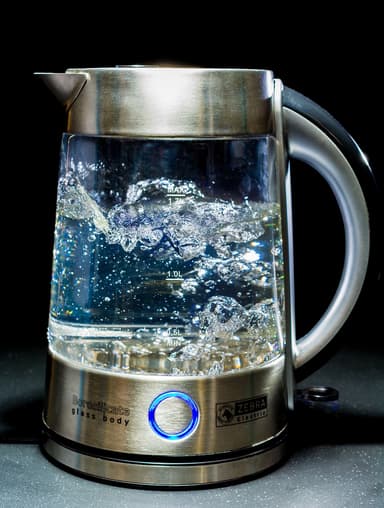Electrical conductors: testing
I can identify objects made from a range of metals and test for electrical conductivity.
Electrical conductors: testing
I can identify objects made from a range of metals and test for electrical conductivity.
These resources will be removed by end of Summer Term 2025.
Switch to our new teaching resources now - designed by teachers and leading subject experts, and tested in classrooms.
These resources were created for remote use during the pandemic and are not designed for classroom teaching.
Lesson details
Key learning points
- Metals are very useful materials, with properties such as strength, stiffness and electrical conductivity.
- Results of scientific enquiries can be recorded in different ways including charts and tables.
- All metals conduct electricity, but some metals are better electrical conductors than others.
- Materials are chosen for particular jobs based on their properties.
Keywords
Metal - Most metals are strong, hard and shiny materials. They are good conductors of heat and electricity.
Electrical conductor - An electrical conductor is a material that allows electricity to pass through it easily.
Conduct - If a material conducts electricity or heat, it means the electricity or heat can pass through it easily.
Electrical insulator - An electrical insulator is a material that does not allow electricity to pass through it easily.
Common misconception
Not all metals are electrical conductors.
Pupils will test materials for conductivity, but teaching slides will emphasise that all metals are electrical conductors.
To help you plan your year 4 science lesson on: Electrical conductors: testing, download all teaching resources for free and adapt to suit your pupils' needs...
To help you plan your year 4 science lesson on: Electrical conductors: testing, download all teaching resources for free and adapt to suit your pupils' needs.
The starter quiz will activate and check your pupils' prior knowledge, with versions available both with and without answers in PDF format.
We use learning cycles to break down learning into key concepts or ideas linked to the learning outcome. Each learning cycle features explanations with checks for understanding and practice tasks with feedback. All of this is found in our slide decks, ready for you to download and edit. The practice tasks are also available as printable worksheets and some lessons have additional materials with extra material you might need for teaching the lesson.
The assessment exit quiz will test your pupils' understanding of the key learning points.
Our video is a tool for planning, showing how other teachers might teach the lesson, offering helpful tips, modelled explanations and inspiration for your own delivery in the classroom. Plus, you can set it as homework or revision for pupils and keep their learning on track by sharing an online pupil version of this lesson.
Explore more key stage 2 science lessons from the Simple electrical circuits unit, dive into the full secondary science curriculum, or learn more about lesson planning.

Equipment
Equipment required to make simple circuits (cells, bulbs, buzzers, motors, wires) and a range of different metals to test.
Content guidance
- Risk assessment required - equipment
Supervision
Adult supervision required
Licence
Starter quiz
6 Questions


electrical conductor
electrical insulator




Exit quiz
6 Questions








